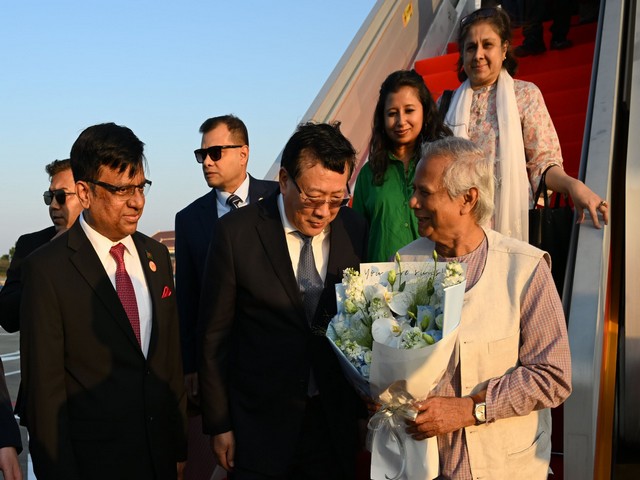Study finds men, women physicians participate differently in academic settings
Jan 21, 2022

Boston [US], January 21 : According to new research, male and female physicians may assert themselves differently in academic settings. This may lead to gender biases in grading that disadvantage female students and trainees.
The study has been published in the 'JAMA Network Open Journal'.
"As a student in courses at the Harvard School of Public Health, I repeatedly noticed students, and especially women, using phrases like 'Sorry to interrupt' or 'Maybe I missed this' before asking a question," said lead author Sara J. Cromer, MD, an investigator in the Department of Medicine at MGH.
"This led our team to ask ourselves whether men and women assert themselves differently in academic classrooms, including both how often they speak and how they express themselves," she added.
In 2019 and 2020, 156 (60 per cent women) and 138 (61 per cent women) students were observed, respectively.
Cromer and her colleagues found that women both asked and answered fewer questions than men in large in-person classes. These differences were not seen in small classes and were decreased in virtual classes. Also, deferential language was more common in questions asked by women than in questions asked by men in large classes, whether held in-person or virtually, but there was no gender difference in deferential language use in small classes.
"These findings have important implications for how students are evaluated," said Cromer.
"If classroom participation is a major element of grading, this may disproportionately disadvantage women, resulting in gender bias in grading," she added.
She stressed that medical and public health schools should be aware of this difference so that steps can be taken to assess and avoid systems of evaluation that may be biased towards characteristics more common in men.
Co-authors included Kristin M. D'Silva, MD, Neelam A. Phadke, MD, Emma Lord, Nancy A. Rigotti, MD, and Heather J. Baer, ScD.
This work was supported by the Partners Centres of Expertise Medical Education Grant.




















